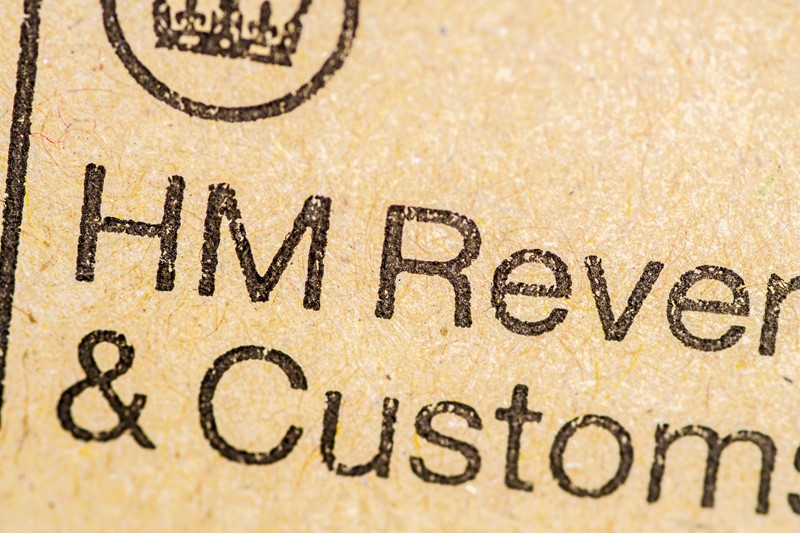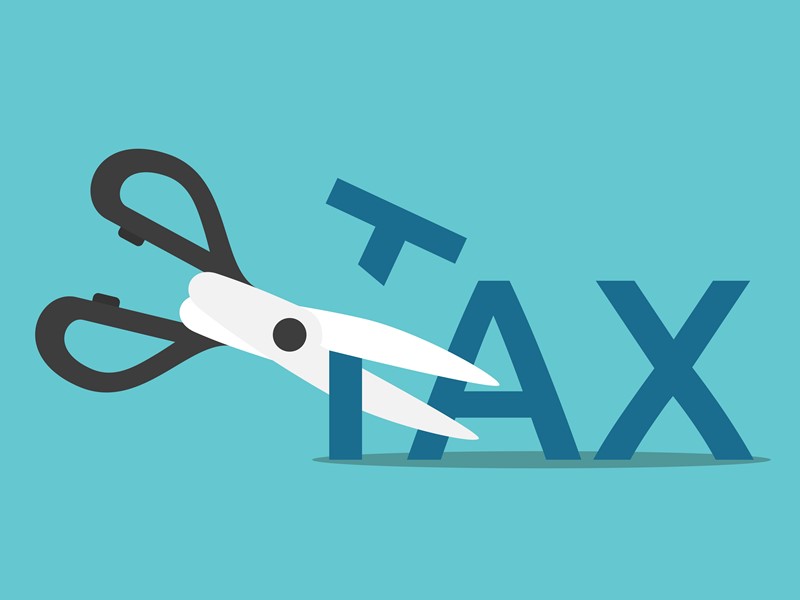Tax-free mileage expenses

If you use your own vehicle for business journeys, then you may be able to claim a tax-free allowance from your employer known as a Mileage Allowance Payment or MAP. The allowance is paid when
Dividend tax increase from 6 April 2022

A reminder that the 1.25% increase in NIC contributions that came into effect on 6 April 2022 are reflected in a similar increase in the tax charge on dividends.
This means that the dividend tax
Asset disposals not subject to Capital Gains Tax

Capital Gains Tax (CGT) is a tax on the profit made from selling certain assets such as property, shares or other investments. CGT is usually charged at a flat rate of 20% and applies to most
When does a partnership exist?

A partnership is a relatively simple way for two or more legal persons to set up and run a business together with a view to profit. Partnerships can take many forms. Legal persons other than
NIC relief if employing veterans

A new National Insurance Contributions (NICs) holiday for employers who hire former members of Her Majesty (HM) armed forces came into force on 6 April 2021. This allows employers to apply a zero-rate
HMRC names avoidance scheme promoters

HMRC has used new powers introduced in the Finance Act 2022 to name tax avoidance schemes and their promoters for the first time. Under this legislation HMRC can name avoidance scheme promoters,
Check your Income Tax for current year

HMRC offers taxpayers the ability to check their Income Tax for the current tax year. The online portal has been updated for the new 2022-23 tax year from 6 April 2022 to 5 April 2023. The service is
Tax if you live abroad and sell UK home

One of the most often used and valuable of the Capital Gains Tax (CGT) exemptions covers the sale of the family home. In general, there is no CGT to pay on a property which has been used as the main
Business tax cuts from April 2022

A number of business tax cuts came into effect from April 2022. This includes an increase in the Employment Allowance from £4,000 to £5,000.
The allowance enables eligible employers to reduce their
Commuting to work

As a general rule, there is no tax relief for ordinary commuting. The term ‘ordinary commuting’ is defined to mean travel between a permanent workplace and home, or any other place that is not a


